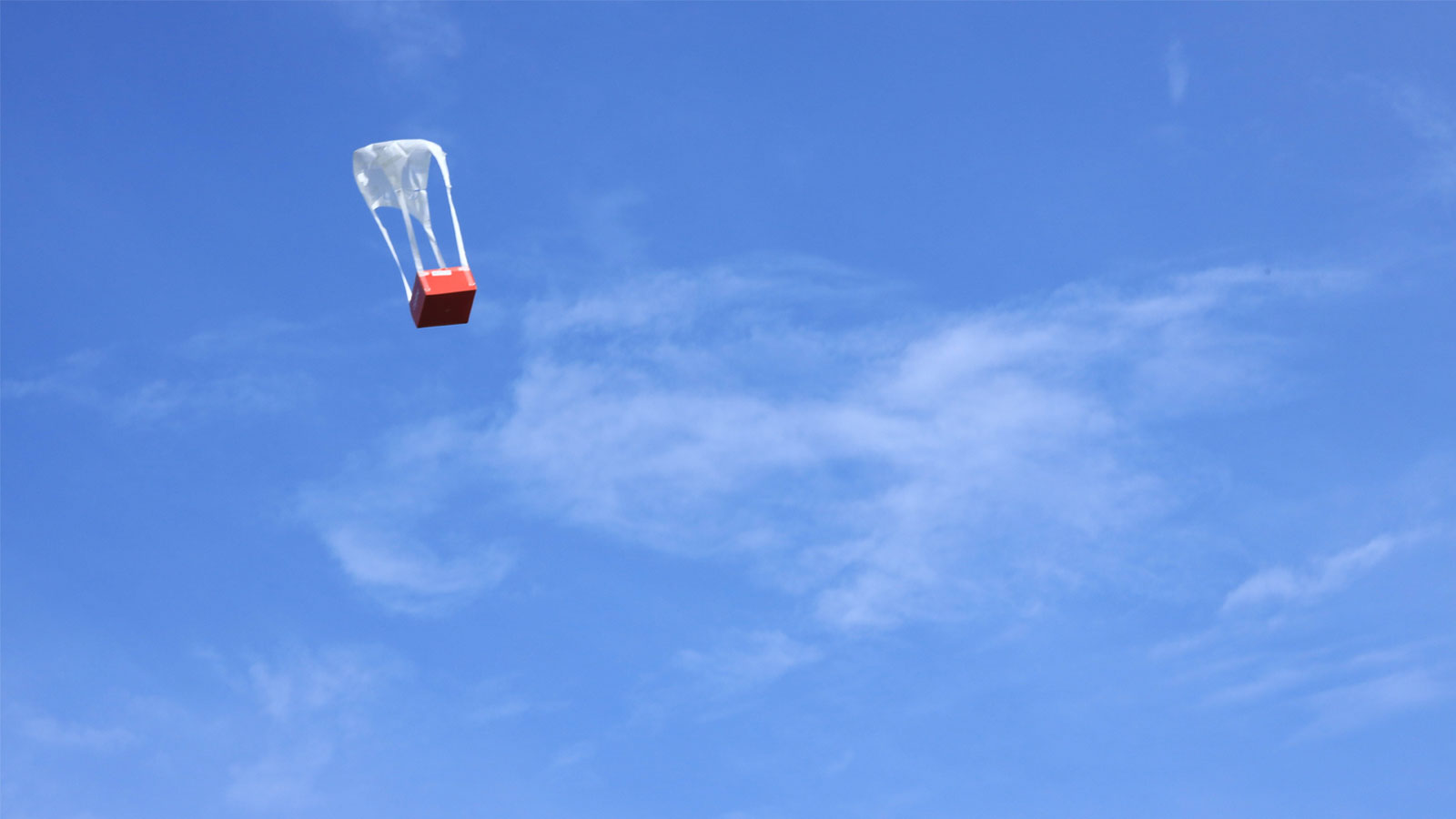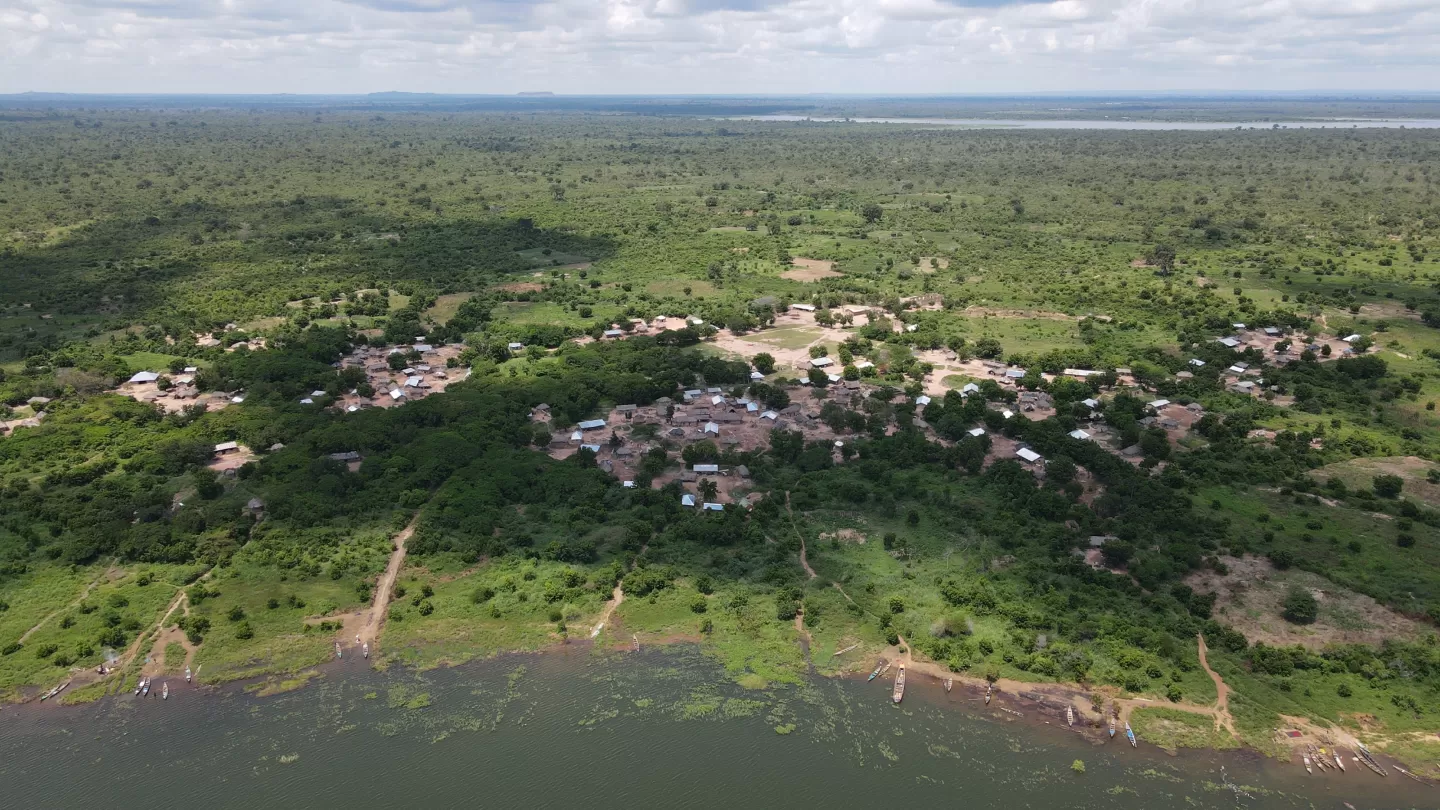- Science
- Clinical Trials
- Guide to Clinical Trials Your participation makes a difference
- Clinical Trials in Children Designed to improve kids' health
- Data and Results Sharing our Results
- Integrity and Transparency Building Trust
- Diversity Equity and Representation
- Plain Language Study Results Trial Result Summaries
- Expanded Access & Compassionate Use Possible Treatment Options
- Find a Trial
- Areas of Focus
- Rare Disease Smaller populations but big impact
- Internal Medicine Extending lifespans worldwide
- Inflammation & Immunology Treatment at the molecular level
- Vaccines Preventing the spread of infections
- Oncology The science of optimism
- Anti Infectives Combatting an evolving risk
- Areas of Innovation
- Gene Therapy Breakthroughs become treatments
- Medicinal Sciences The next generation of science
- Precision Medicine Developing tailored medicines
- Maternal Immunization Protecting newborns at the start
- mRNA Technology Unleashing the next wave of scientific innovations
- Diseases & Conditions
- Coronavirus Resources
- Product Pipeline
- Research Sites
- Clinical Trials
- Products
- How Drugs are Made
- Branded vs. Generic Learn the difference
- Biologics & Biosimilars Cures found in nature
- Commitment to Quality Maintaining the highest standards
- Global Supply Strategic manufacturing locations
- Manufacturing Sites Where medicine is made in the U.S.
- Medicine Safety
- Health Literacy Learning to be well
- Treatment Choices Learning about treatment decisions
- Partnering With Patients Helping others by reporting side effects
- Tips for Patients Preventing medication errors
- Reporting Adverse Events
- Counterfeiting Preventing medication errors
- Product Safety
- Product List
- Product Contacts
- PfizerPro for Professionals
- Patient Assistance Programs
- Distributors
- How Drugs are Made
- Stories
- Newsroom
- About
- People
- Executives Our senior-most leadership
- Board Members The people steering our company
- Scientists Our experts making discoveries
- Patient Stories Our patients
- Colleague Stories Our colleagues
- Responsibility
- Ethics & Compliance Each of us is responsible
- Responsible Business Breakthroughs that change patients’ lives
- Patient Advocacy & Engagement Putting Patients First
- Global Impact Meeting urgent needs worldwide
- Diversity, Equity, and Inclusion Everyone has something to offer
- Environmental Sustainability Our responsiblity to the environment
- Human Rights Furthering dignity and worth
- Health & Safety
- Intellectual Property The benefits of fair competition
- EHS Governance
- Misinformation
- Programs & Policies
- Grants Support for independent research
- Political Partnership Supporting like-minded organizations
- Working with Healthcare Professionals Collaboration to improve lives
- Prescription Value & Pricing How to lower patient costs
- Privacy Principles Commitment to personal data privacy
- Ready for Cures Improving Access to Medicines
- Transparency in Grants Committed to Disclosure
- Policy Positions
- Investors
- Investors Overview Information for stockholders
- Why Invest Why to join us in our mission
- Events & Presentations Calendar of upcoming events
- Financial Reports Quarterly reports and more
- Investor News Announcements about our performance
- Stock Information Charts and data
- Shareholder Services Information on stock transactions
- Corporate Governance
- Corporate Governance Overview Gaining insight into our performance
- Board Committees & Charters Defining the corporate structure
- The Pfizer Board Policies Ensuring ethical leadership
- Corporate Governance FAQs Learn more about our approach
- Contact Our Directors Email any of our Directors
- Purpose
- History
- Careers
- Partners
- People
Innovation in Medicine Delivery

Today’s complex healthcare challenges require sustainable solutions to strengthen health systems and drive progress toward the UN Sustainable Development Goals. We believe that better health is possible for everyone, everywhere, but to achieve that vision, we must bridge the gaps that limit patient access in under-resourced communities.
Pfizer Inc. and The Pfizer Foundation* are partnering with Zipline—an end-to-end logistics company—to help increase vaccine delivery and enable equitable access to critical treatments.
Delivering Essential Health Products in Ghana
In 2019, Pfizer Inc. announced an innovative four-year agreement with Zipline to use the power of drone technology to expand access to care, reach medically underserved communities, and strengthen health systems.
Together with Zipline and other partners, including the Bill & Melinda Gates Foundation, the Gavi Alliance, and the UPS Foundation, Pfizer supported the Government of Ghana in establishing a medical drone delivery system to ensure access to crucial health products in some of the nation’s most rural areas.
Through the power of public-private partnerships like this, Zipline’s drones are now delivering nearly 150 essential medicine products—including blood, emergency and routine vaccines, and emergency and essential medicines—to reach an estimated 2,000-2,500 health facilities and 15 million people living in rural Ghana.
This delivery system enables Pfizer and partners to use real-time data to increase supply chain efficiencies for essential, high-volume stocked medicines and medical products, and provide “just-in-time” availability for emergency products.

In 2021, Zipline and Pfizer launched a pioneering drone delivery program in Ghana, providing thousands of doses of the Pfizer and other mRNA Covid vaccines to the hardest-to-reach corners of the country. This was made possible through the Pfizer/Zipline end-to-end cold chain project where Pfizer packaging and cold chain experts worked with Zipline to test and validate the end-to-end vaccine delivery under strict temperature requirements at national scale.
Helping to Close the Gap for Zero-Dose Children in Nigeria
The COVID-19 pandemic led to a significant decline in routine immunizations worldwide. Nigeria now has the highest number of zero-dose children in Africa, with over 2.25 million having never received a single vaccination.i This leaves these children especially vulnerable to some of the world’s deadliest diseases.
The Pfizer Foundation has committed $1 million, with funding from additional partners, to support Zipline in expanding vaccine access in Nigeria's Kaduna, Cross River, and Bayelsa states by utilizing their drone delivery technology and training and equipping community health workers to deliver care in zero-dose clusters. Deliveries also include other critical health supplies, such as nutritional supplementation, malaria testing and treatment, and fluids and medicines for basic maternal care.
The project is expected to deliver more than 1.3 million doses of routine vaccines to fully immunize an estimated 70,000 zero-dose children and aligns with Nigeria’s National Programme on Immunization—helping protect children from deadly diseases and providing other essential health services.
*The Pfizer Foundation is a charitable organization established by Pfizer Inc. It is a separate legal entity from Pfizer Inc. with distinct legal restrictions.
iWHO and Unicef. 2021. WHO/UNICEF estimates of national immunization coverage, 2020 revision